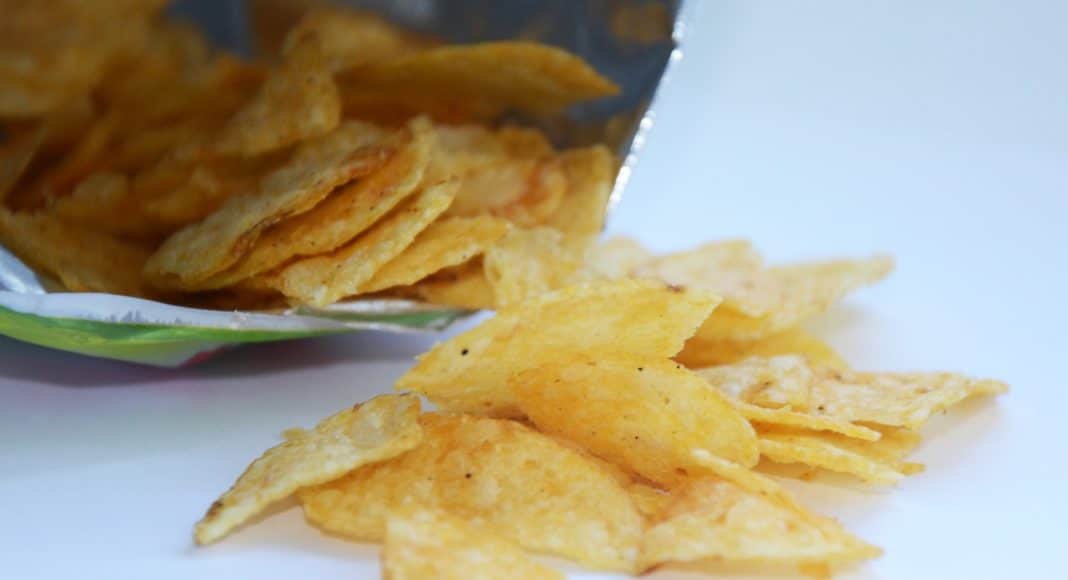In a significant advancement for the snack food sector, a team of scientists spearheaded by Michigan State University professors Jiming Jiang and David Douches has uncovered a crucial mechanism linked to the darkening and potential health issues associated with cold-stored potatoes.
Their findings, documented in the February 20 edition of The Plant Cell journal, offer prospects for developing potato varieties that can withstand cold temperatures, potentially leading to chips and fries that are both healthier and more flavorful, according to a press release from Michigan State University.
With the U.S. snack market worth billions of dollars, and Michigan being the leading producer of potatoes for chips with an annual industry value of $240 million, these discoveries could have substantial economic implications.
Farmers face the challenge of not being able to cultivate crops year-round, while snack manufacturers require a steady stream of fresh potatoes to fulfill their needs. Cold storage is essential for preserving potatoes to meet this demand, but it also initiates a phenomenon known as cold-induced sweetening (CIS), wherein starches convert into sugars. Processing potatoes with elevated sugar levels leads to darker fries and chips.
The release notes that Jiang and his colleagues have focused on the root of the problem to work toward potatoes that aren’t affected by CIS to begin with. Jiang, a potato researcher for over 20 years, has dedicated his career to solving this puzzle.
Jiang started his work to minimize acrylamide in potato chips and fries at the University of Wisconsin-Madison. There, Jiang and his team published a paper in 2010 identifying a key gene responsible for potato CIS. Moving to MSU in 2017, Jiang and his team have worked to pinpoint which elements of that gene could be modified to stop the process of cold-induced sweetening.
Jiang’s research team, which includes collaborators across MSU’s campus as well as at other research universities, used a combination of gene expression analysis, protein identification and enhancer mapping to pinpoint the regulatory element controlling the CIS gene.
Jiang’s team, with collaborators from MSU and other research universities, employed gene expression analysis, protein identification, and enhancer mapping to identify the regulatory element governing the CIS gene.
The release states that “potential benefits of this research extend beyond improved snack food quality. Reducing acrylamide formation in potatoes could have implications for other processed starchy foods. Additionally, cold-resistant potatoes could offer greater flexibility in storage and transportation, potentially reducing food waste and costs.”
Jiang believes the new CIS-resistant potatoes could be commercially available in the near future.











